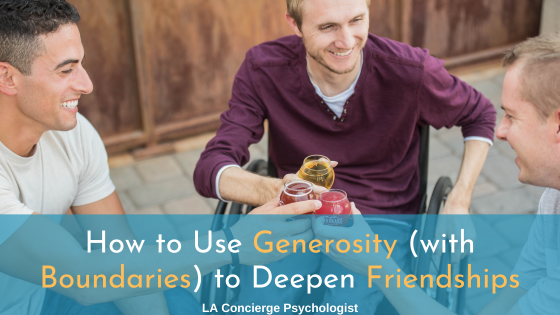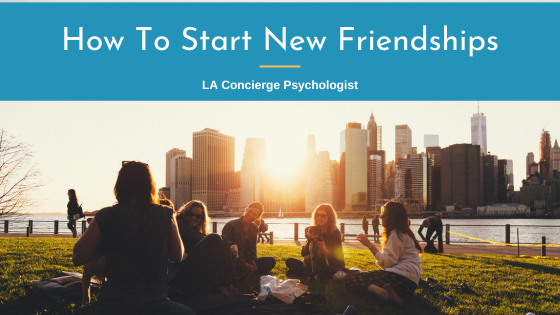It used to be that self-esteem was all the rage. Literally thousands of psychological studies showed the many benefits of it. Parents obsessed over ensuring their child had positive self-esteem, believing it was the answer to a lifetime of happiness. Participation trophies were doled out so children’s self-worth stayed intact.
However, now psychologists know that self-esteem has a dark side. It’s associated with prejudice, discrimination, narcissism, self-righteous anger, and self-absorption.
Yikes.
So why is having high self-esteem potentially a negative thing?
The main issue is having high self-esteem necessitates feeling special and above average. You develop a self-enhancement bias. You start believing you’re funnier, friendlier, or smarter than others. And, inherent in this process, is social comparison. In order for you to feel good and “above average”, you consequently have to put judge someone else as worse than you. You can probably see how this may lead to those negative aspects of self-esteem I mentioned above (e.g., prejudice, narcissism).
Unfortunately, having high self-esteem doesn’t mean you actually love yourself and think you’re amazing. This is because it compels you to be self-critical. After all, you’re constantly judging yourself. And if you don’t meet your high expectations, then you’re likely to react with hash self-criticism. Your self-worth plummets. You can probably see how with self-esteem, your sense of self could perpetually swing back and forth between “I’m awesome” and “I suck”.
So if self-esteem isn’t the answer to feeling positively about yourself, then what is?
Self-compassion!
Learn what self-compassion is.
Self-compassion doesn’t demand perfection. It doesn’t require you to think you’re better than others. Self-compassion means you accept yourself for who you are: a human being. With it, you are a person with amazing talents and also deep flaws. You see yourself in your entirety. Self-compassion gives you a stable sense of self– no more swinging from extreme to extreme.
And if you look at the research, self-compassion truly seems like a viable alternative to self-esteem. It’s associated with all the positive aspects (e.g., decreased anxiety and depression, increases levels of happiness) without the dark downsides (e.g., narcissism, discrimination). Now that’s something worth raging over!
Need support cultivating self-compassion? Send us a message or book a free 20 minute consultation call with Dr. Barajas or Dr. Goldman.
Click here for more information on “failure to launch”.



